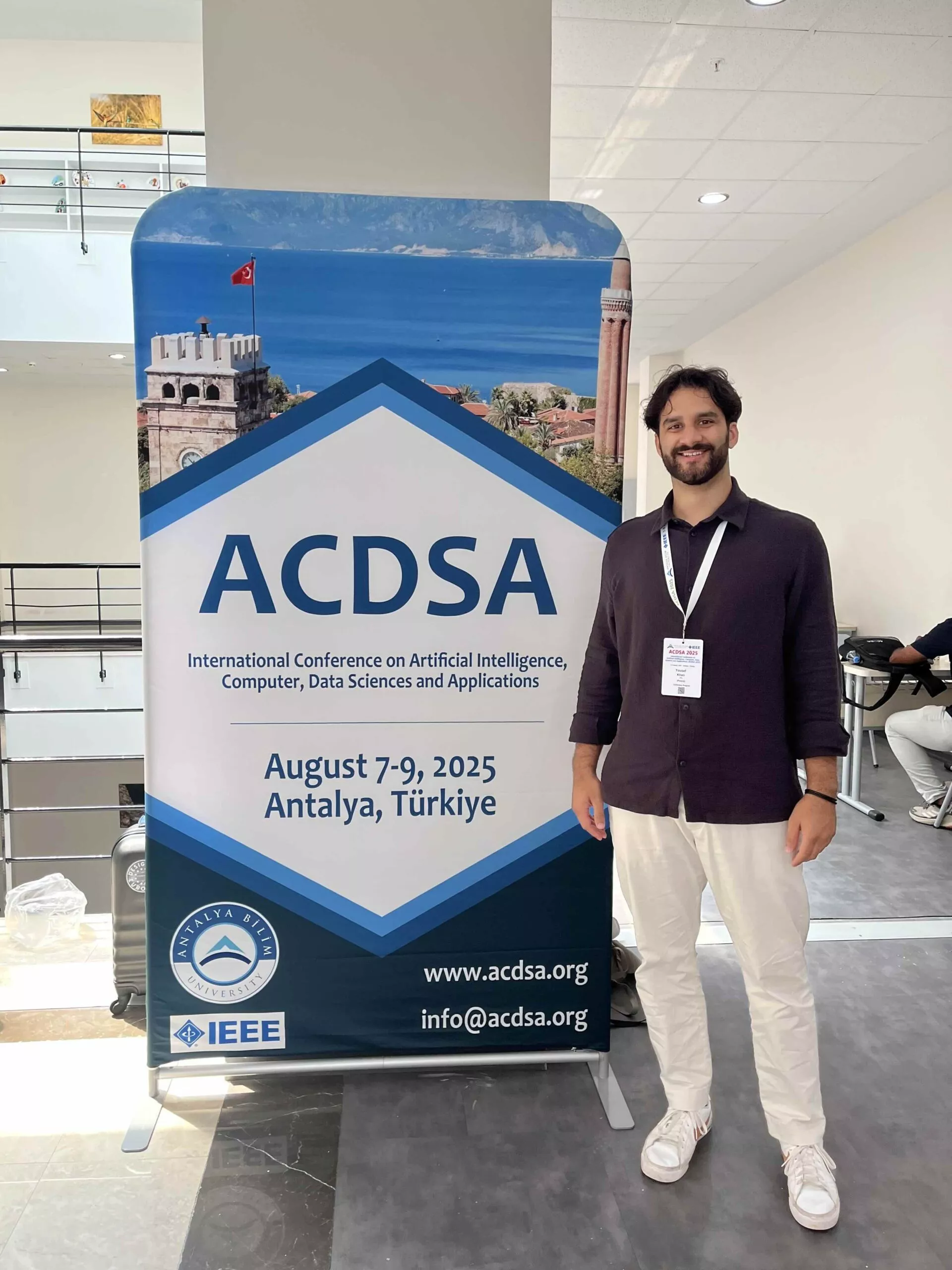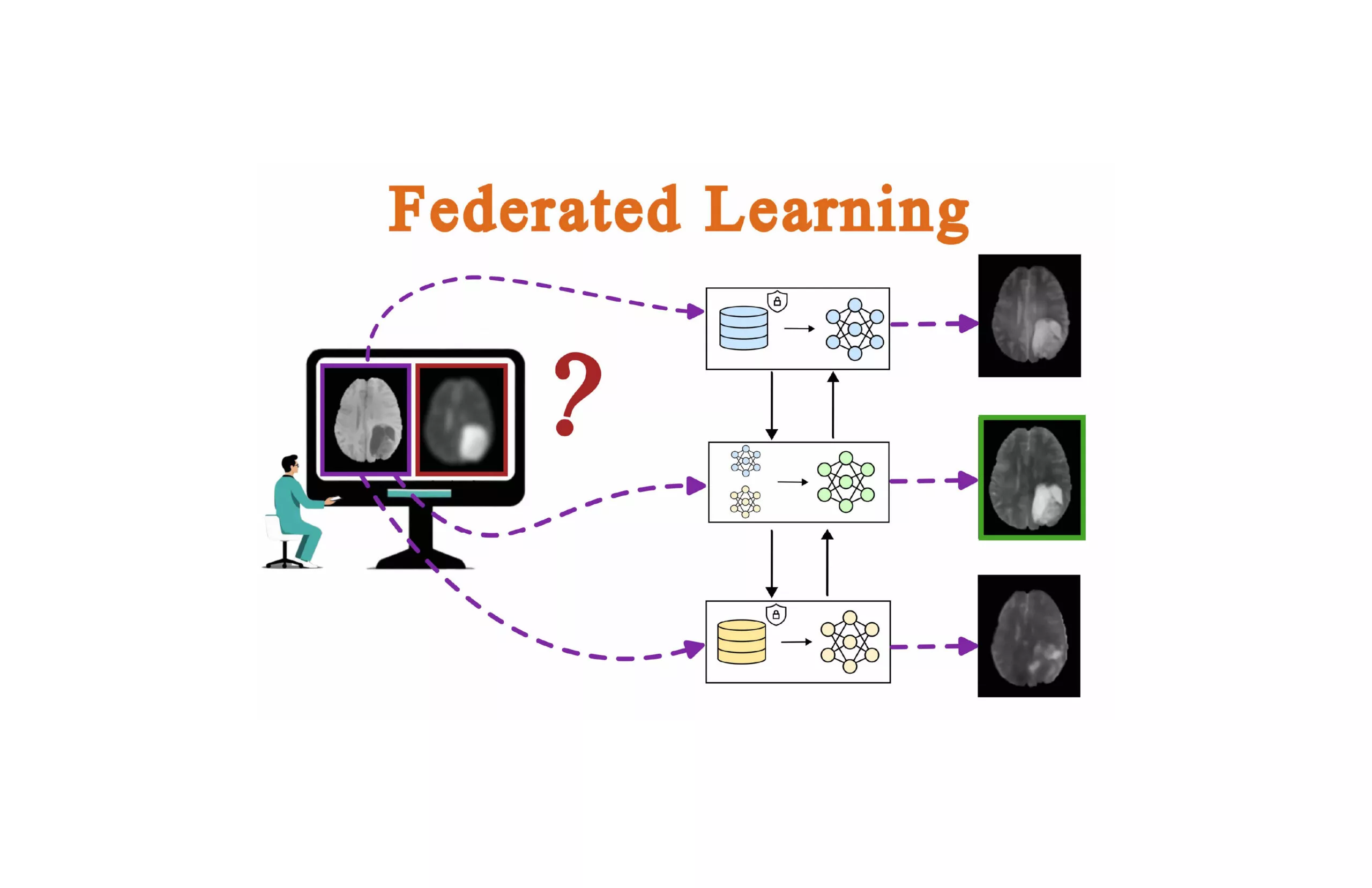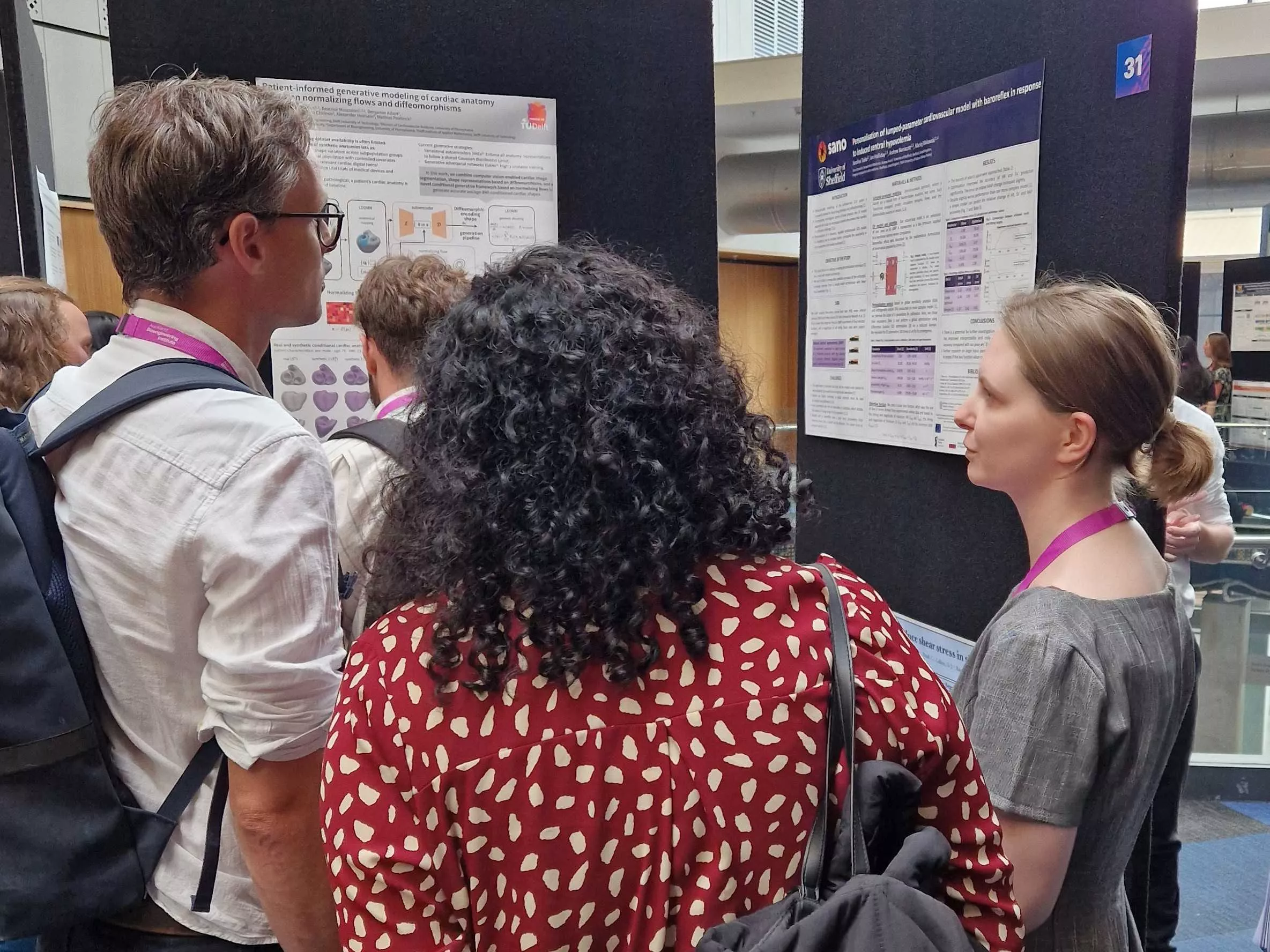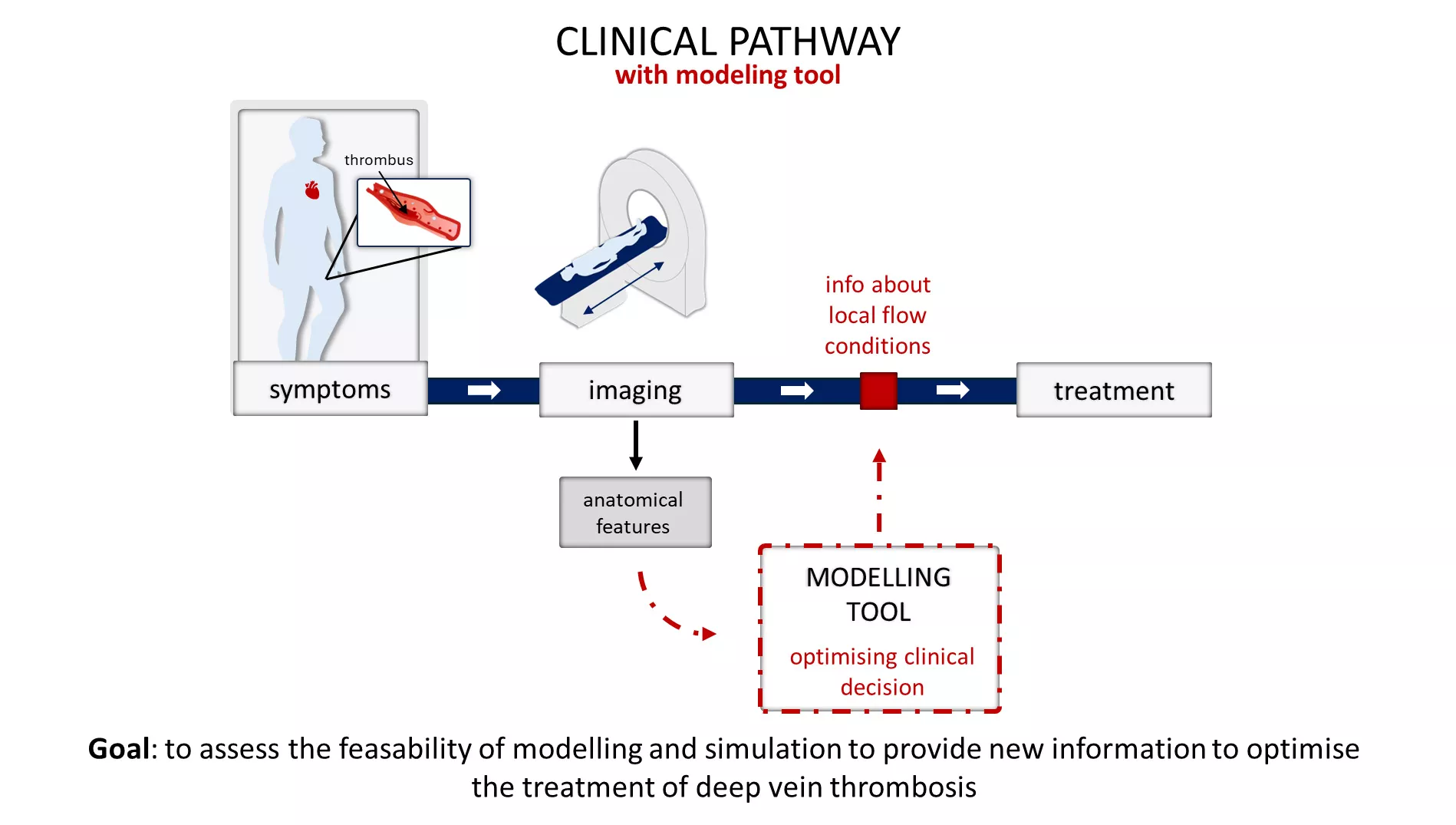
Yousef Khan presents pediatric allergy decision support research at ACDSA 2025
From 7–9 August 2025, the 2nd International Conference on Artificial Intelligence, Computer, Data Sciences and Applications (ACDSA 2025) convened in Antalya, Türkiye, gathering researchers and industry to discuss advances in AI, data science, and applied computing. Amid a strong technical program, PhD student Yousef Khan (Computational Intelligence) presented “Compositional Knowledge Graph for Clinical Decision Support in Pediatric Allergy Diagnostics,” drawing interest for its practical, explainable AI angle.
Research focus
Diagnosing allergies in children remains complex due to overlapping symptoms, fragmented records, and limited standardized biomarkers. Khan’s work addresses these challenges by structuring clinical knowledge into a compositional knowledge graph that links patients, allergens, symptoms, tests, and outcomes. By integrating large language models with graph‑based reasoning, the approach aims to improve transparency and clinical interpretability.
How the approach helps clinicians
Strengthens the reliability of pediatric allergy assessments by connecting scattered evidence into a coherent semantic network.
Provides interpretable, data‑driven support at the point of care, clarifying why a recommendation is made.
Reduces uncertainty arising from partial histories and heterogeneous data sources.
Lays the groundwork for personalised pathways in pediatric allergy management.
Conference context
ACDSA 2025 continues to serve as a venue for high‑quality, peer‑reviewed exchange across AI methodologies, control systems, data science, and real‑world applications in health and industry. Khan’s presentation aligned with the conference’s mission by translating computational intelligence into concrete clinical decision‑support strategies for pediatrics.
Looking ahead
The Antalya presentation marks a key milestone in disseminating Khan’s doctoral research. Future work will aim to expand data coverage, refine graph composition, and evaluate performance in clinical workflows, with a focus on explainability, scalability, and integration with modern research infrastructure.




